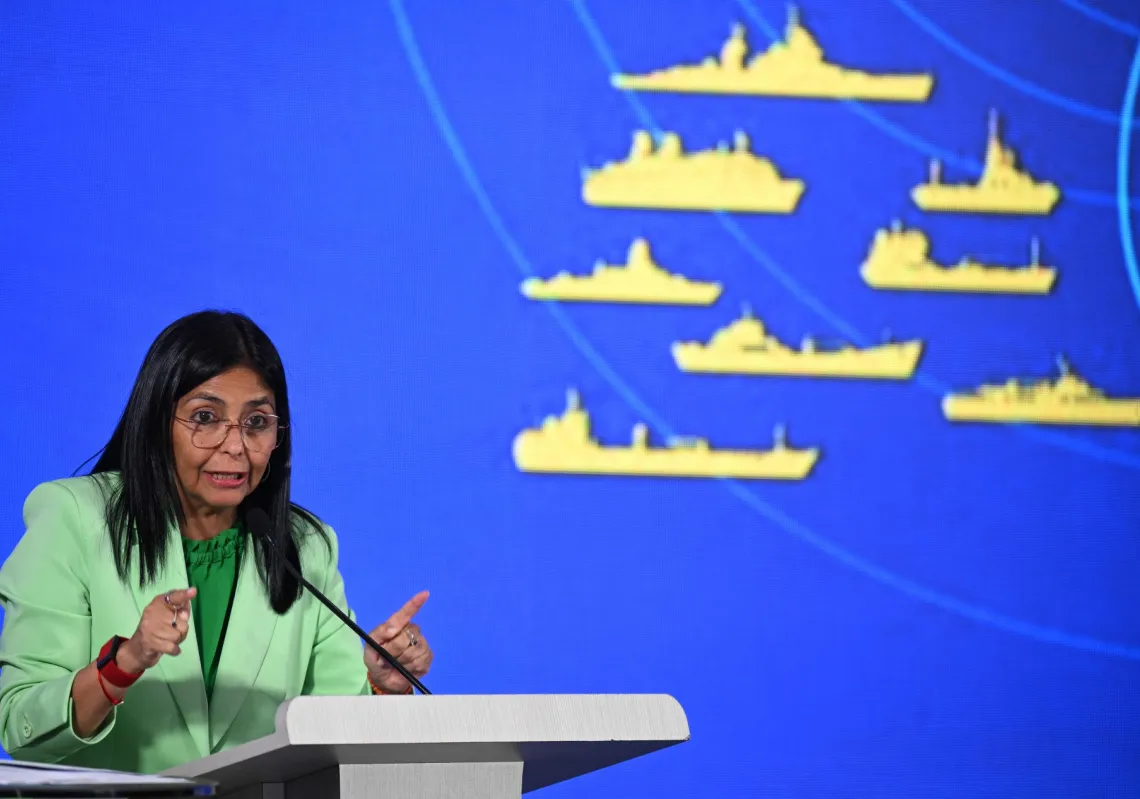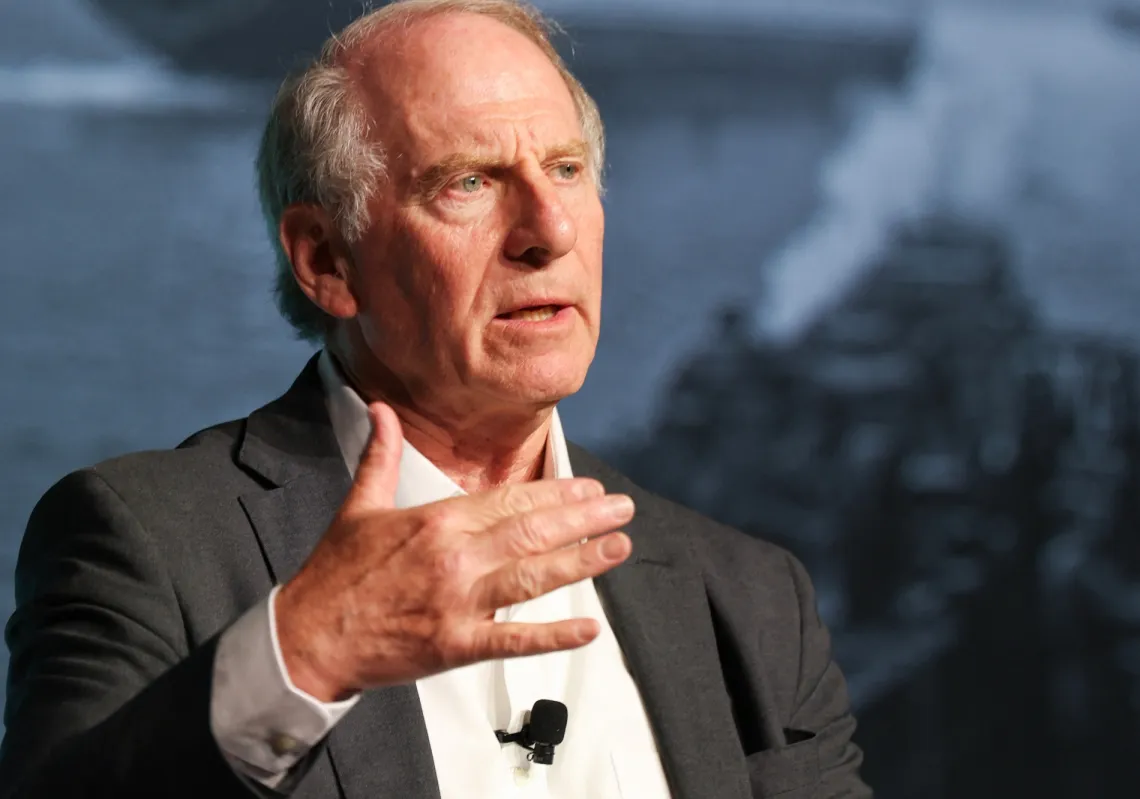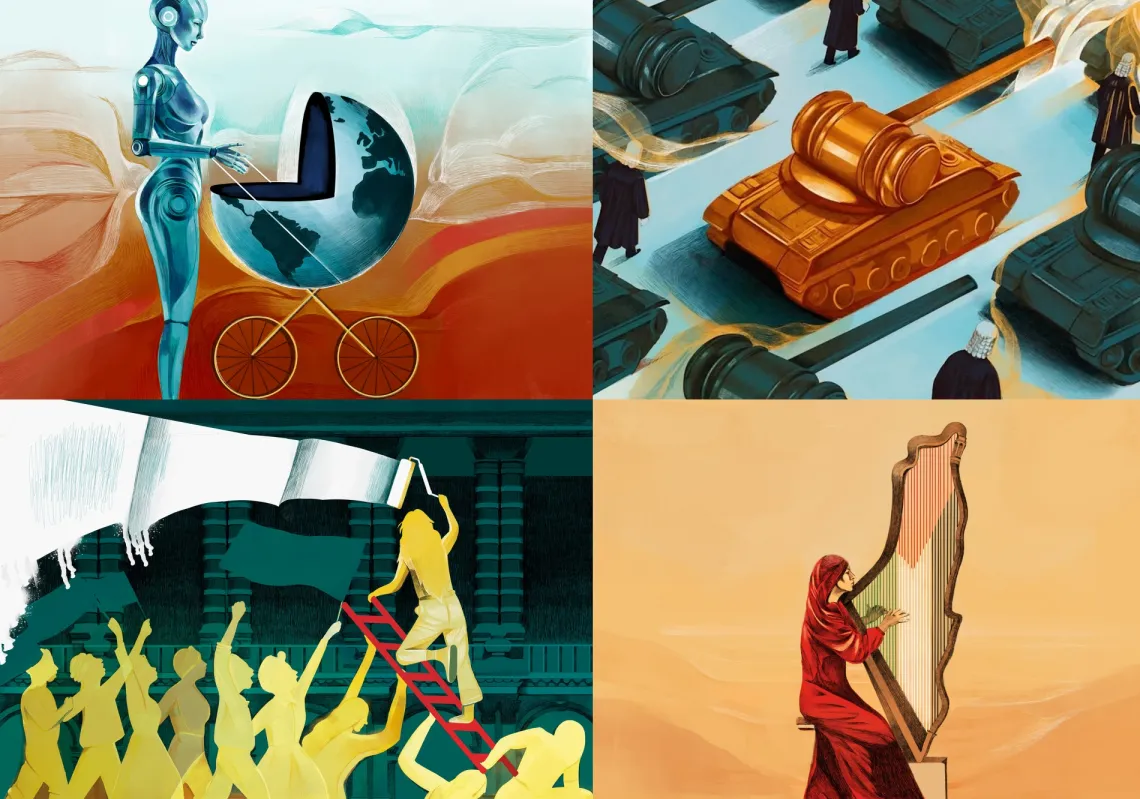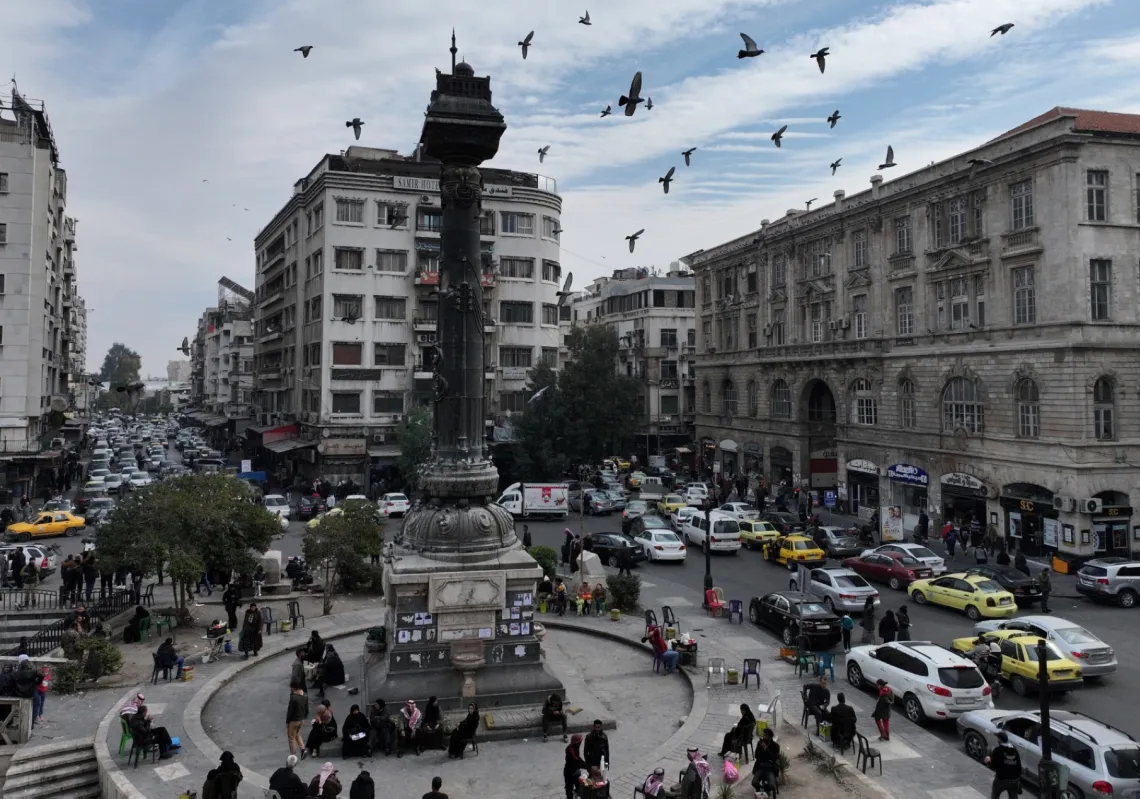There are several approaches to understanding the status of Gamal Mubarak, in the context of political development in Egypt. The first involves developing a system for assessing the general condition of democracy in the country. Is it making progress or is it deteriorating? There is a political rule that says that the nature of political and social opposition is linked to the progress or deterioration of the general condition of democracy. If there is progress in democracy, political opposition tends to express itself differently than when democracy is deteriorating. Whenever we see the political leadership seeking a constitutional change key to resolving political crises, we can be certain that democracy is progressing.
Egypt is in a state of constitutional advancement. However, achieving such advancement not only requires a political will to amend the constitution towards democracy, it also requires that the debate over constitutional advancement become a discussion about the technical details of that process. The political leadership is trying to transfer the constitution into a democratic constitution. But are the political and social forces ready for a democratic system? Are they able to enter into a dialogue about the technical aspects of such a system, based on material and symbolic interests? The fear that society might not be able to accept constitutional reform, comes from the fact that the Egyptian political community is still completely immersed in the sharp ideological conflict about what is religiously permitted, halaal, and what is not, haraam. The society is torn by subsidiary issues and religious trivia. Reducing the scale of the ideological struggle in politics might open the door for a serious dialogue about constitutional reform.
Secondly, the National Party is evolving from the concept of national identity arising from the general public, to the concept of party identity, which is based on two main principles: citizenship and integration with the rest of the world. This does not mean that the party has no other goals or different issues of concern. It only means that these two principles are the ones that politically differentiate the party's practical dynamics from those of other parties engaged in the political competition. Citizenship means having equal rights and duties. This paves the way for Egyptians to participate actively in political and economic life. Citizenship cannot be understood as a mere mechanism, but, more importantly, as an economic mechanism that allows Egyptians to participate in the various political activities inside the country. That was made clear in the way the NDP's rhetoric for the presidential and parliamentary elections was drafted. But because the public political culture in Egypt has become contaminated by ideologies calling for segregation between citizens, on grounds of religion, belief, sex, and other criteria, the NDP often failed to win votes. The party faces a huge cultural struggle ahead of it, in order to steer society back to the traditional Egyptian tolerance which has suffered from defeats and foreign penetrations.
Thirdly, the concepts of struggle must be viewed as a group of different concepts. Struggle in our view does not primarily mean the victory of one class over another class, or that of a religion over another religion. Struggle in our view is centred mainly on how a citizen could overcome his immediate circumstances for the sake of his long term choices. In our view, the citizen is the centre of struggle, and progress on the path of rational choice is his primary goal. We have a unique vision about the citizen that leads us in our view of struggle. We don’t see the citizen in terms of what he has to be, but we see him within the framework of liberating his movement and behaviour of the surrounding environmental constraints, in order to open the doors of human creativity in all fields, whether large or small, in front of him. Our practical goal is to reform the environment of the Egyptian citizen for the sake of liberating him and pushing him towards progress. Our liberation mechanism is based on three things:
First, the citizen's recognition of his limitations and aspirations. Second, building a legal system that allows equal political representation of all the classes of the society, and monitors the way governmental and social institutions provide services to citizens and the way they administer justice.
Third, building a general policy system that allows for short-term and long- term planning.
We believe that the advancement of the citizen is the road to the country's advancement. And here comes our perception of the role of a political party. A political party is the mechanism that converts the growth of citizen's awareness of the reality, limitations, abilities, opportunities, and rights, to a general growth of the country as a whole. We believe that the citizen is the main beneficiary form the overall growth of the country. It expands his opportunities for creativity, freedom, and justice.
Finally, one of the important innovations that the new National Democratic Party is adopting is the fundamental concept of a civil society. Civil society can be defined as: "A society based on political, economic, social and cultural institutions, each working in its respective field in relative independence from the authority of the State, in order to achieve multiple purposes." These institutions are committed to the values and standards of respect, consensus, and tolerance. The concept of civil society refers to the institutional and contractual nature of the civilian structure, which should characterize the body-politic. In a civil society the state gives the individuals an independent legal entity. This meaning reflects a society based on democracy, political pluralism, human rights, rotation of power, and the sovereignty of the people. Civil society refers to the group of institutions that are characterized as: non-governmental, non-profitable, and non-suppressive.
These institutions are based on voluntary work. They do not have a religious basis, and can not be used as a tool for spreading political instability. On the other hand, it can be said that the institutions of civil society constitute an intermediary social level between the individual (the citizen) and the State (the authority). They work on enabling individuals to participate in public activities. Civil society institutions are the most important channels of political participation which support the path of democratic development and the building of a modern state. In this context, Egypt is moving slowly and firmly forward through cumulative change.
Dr. Jihad Aodah
- A member of the ruling National Democratic Party in Egypt








